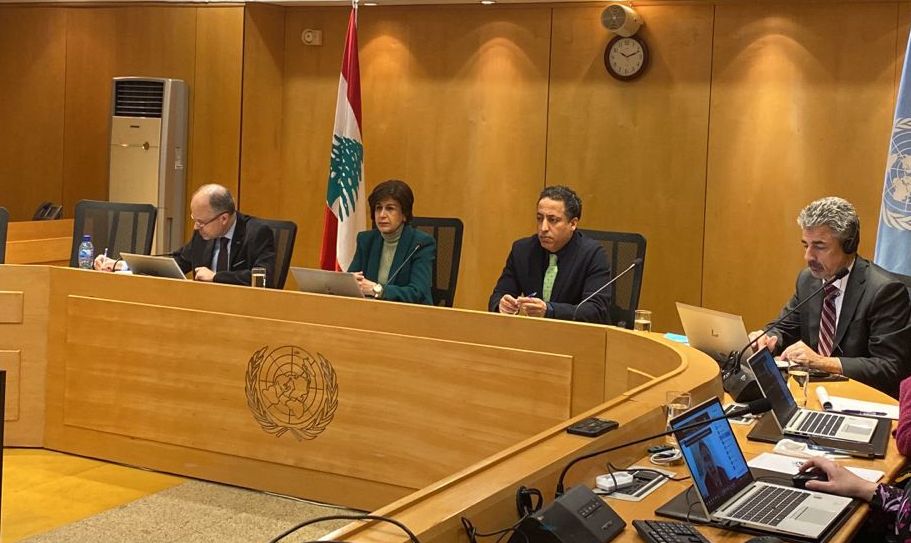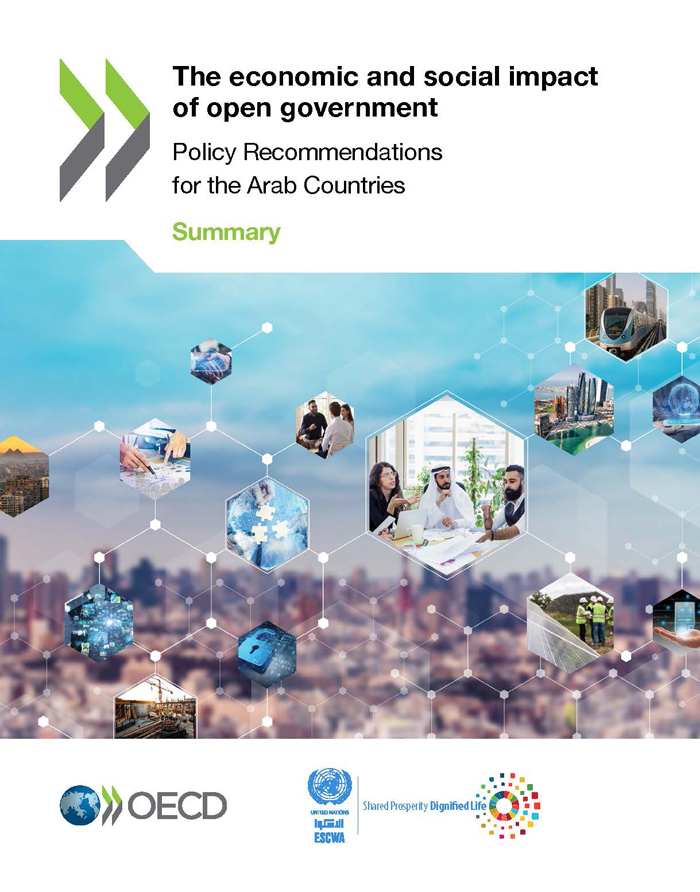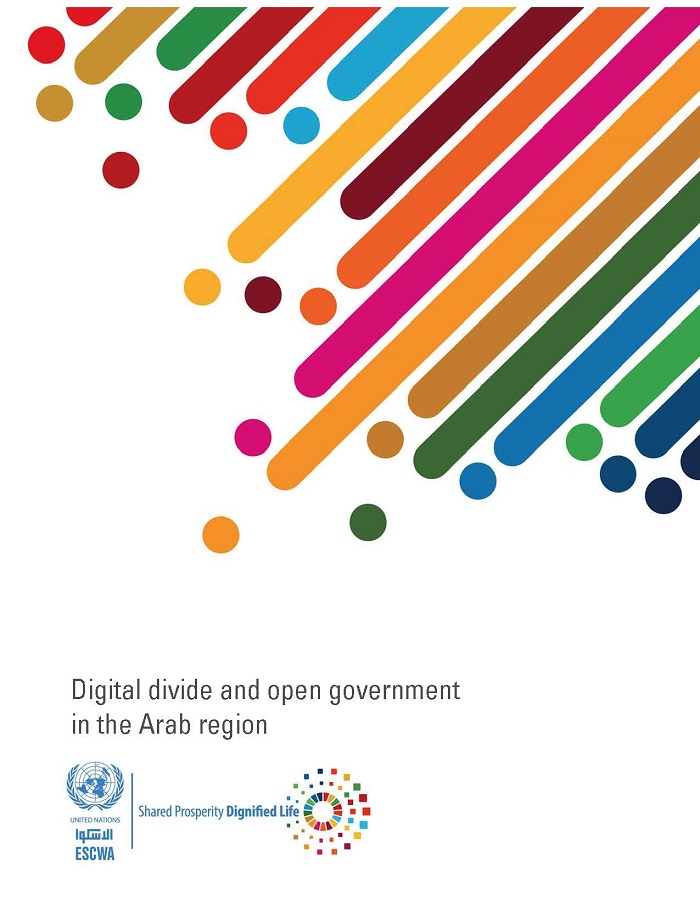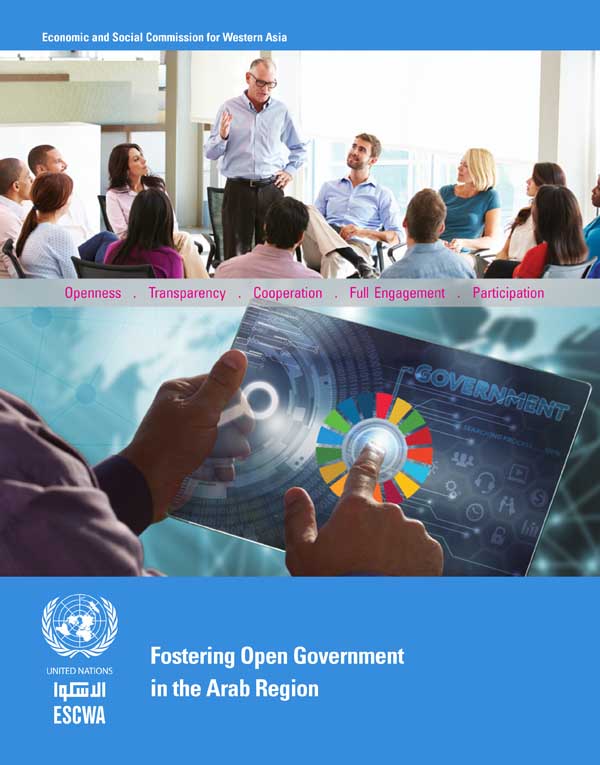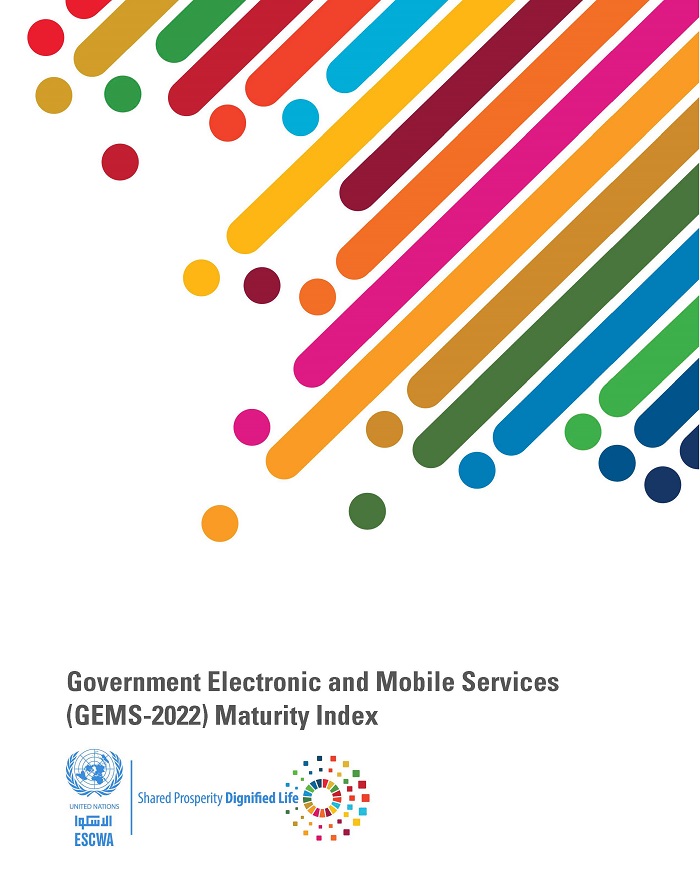ESCWA organized the webinar to kick off the ENACT project entitled "Expediting the use of technology and innovation for enhanced operations in Arab public institutions".
The webinar presented the ENACT project, its goals, activities and implementation methodology in line with the priorities of member States. It included a briefing on emerging technologies and their uses in improving operations and services in the public sector, and a call for good practices that can be featured as successful case studies on the innovative use of technology in the public sector through the Arab Open and Innovative Government portal.
Various stakeholders have participated in the webinar, including public officials and experts from international and regional organizations, non-governmental organizations and academia, specialized in information and communication technologies, digital government, and administrative development.
